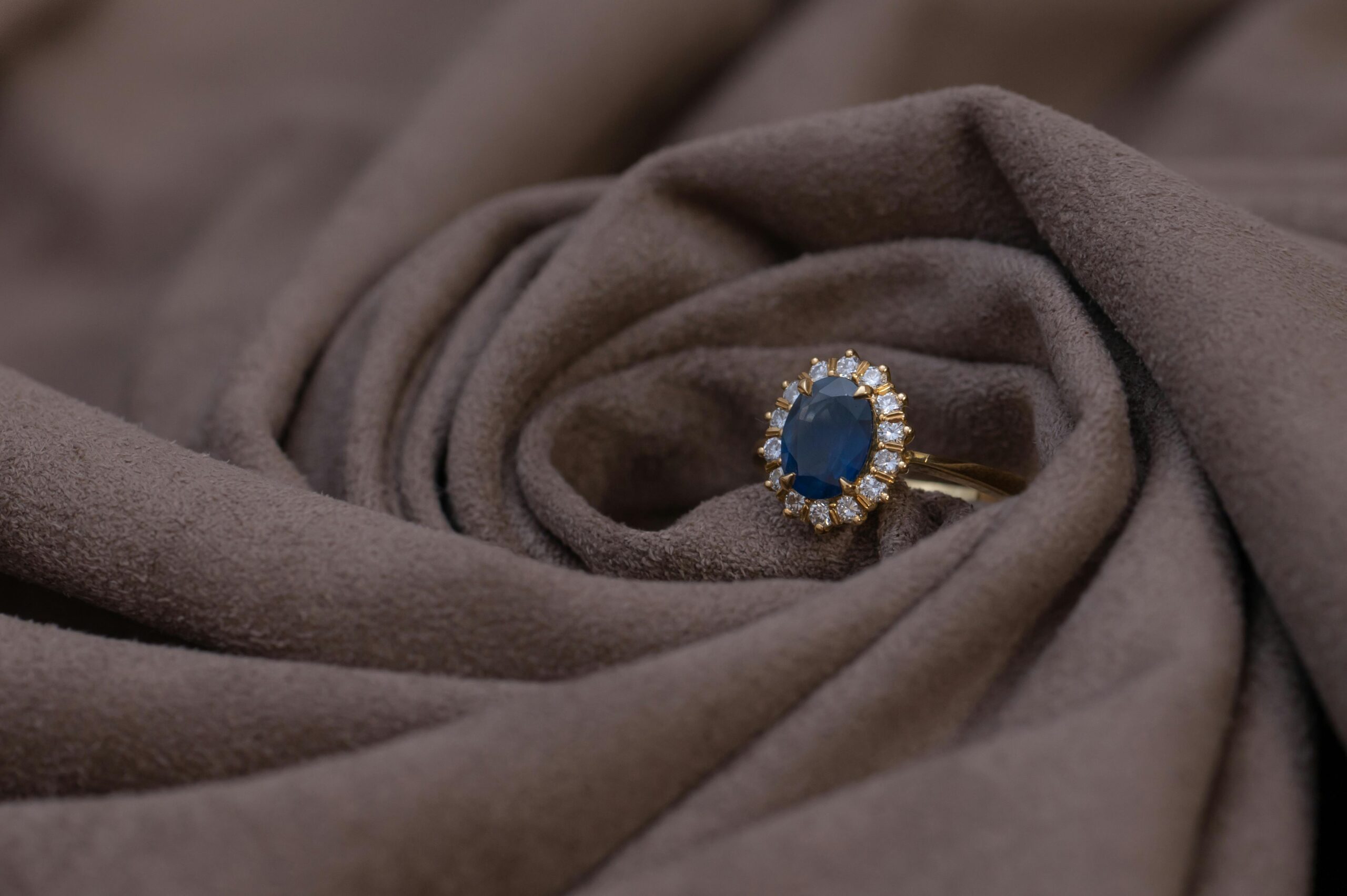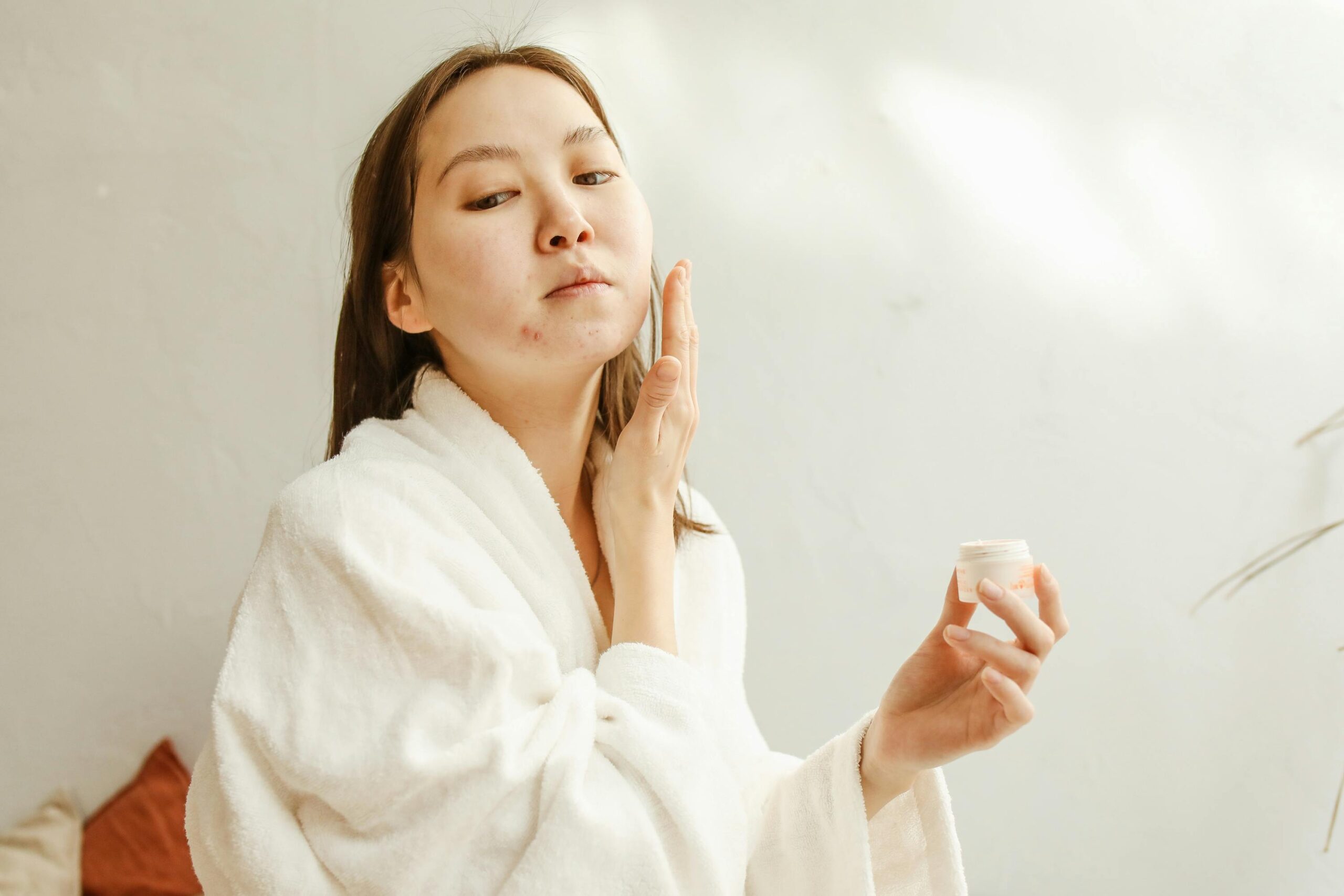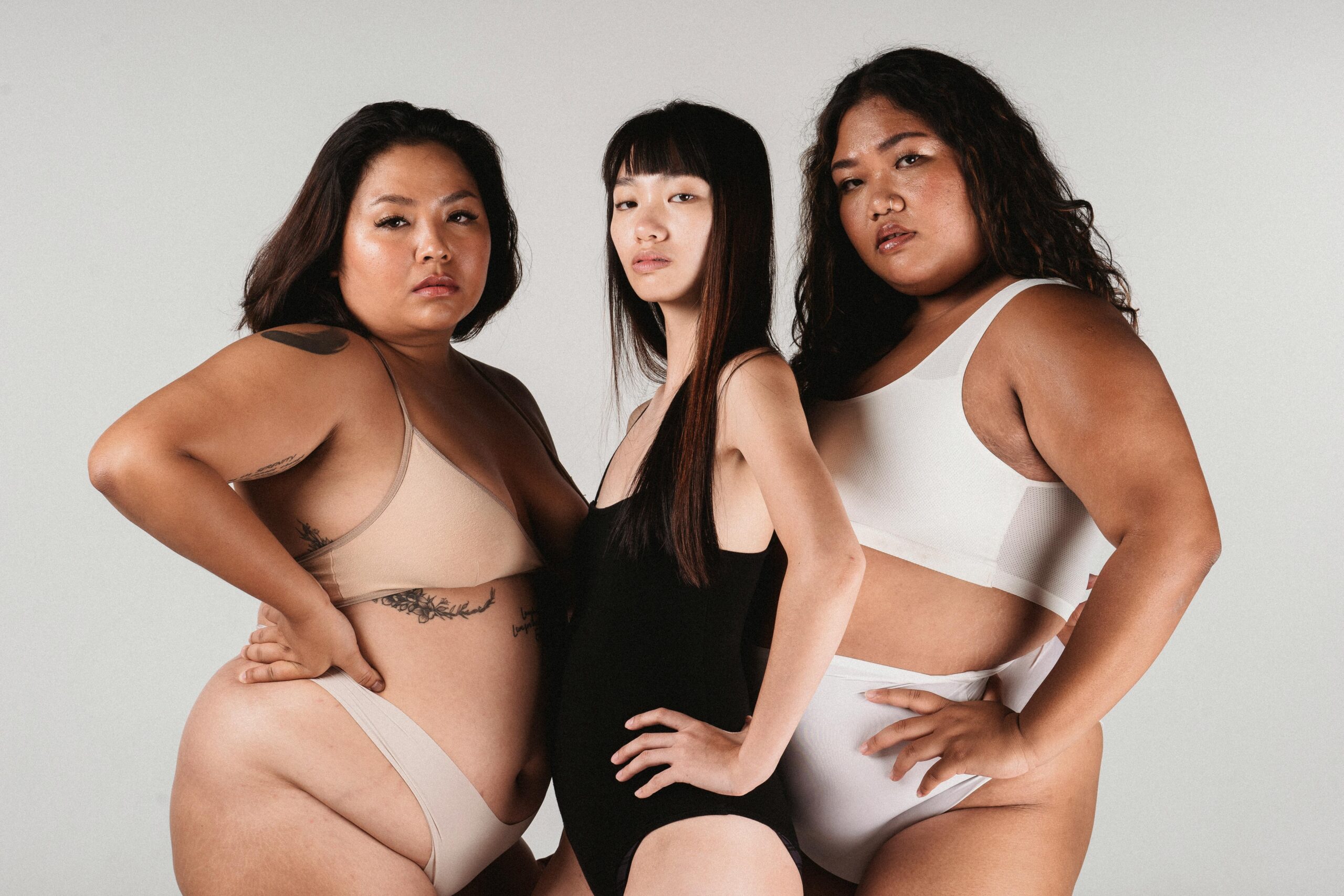
Embarking on a journey towards achieving lustrous hair is not only a pursuit of aesthetic beauty but a testament to your overall health. Our hair, often regarded as a crown, mirrors the intricate balance of nutrition, care, and lifestyle choices we make. This guide aims to unravel the mysteries of hair health, offering insightful tips and advice tailored to nurture your locks, ensuring they radiate vitality and lushness.
The Science Behind Hair Health
Understanding hair health requires a dive into the complexities of biology. Each strand of hair is a filament of proteins, primarily keratin, growing from follicles located in the skin’s dermal layer. Genetics play a foundational role, determining texture, density, and growth patterns. Hormonal fluctuations and imbalances can significantly impact hair growth and health, often leading to conditions like androgenic alopecia or hormonal hair loss. Recognizing these factors offers a vantage point for addressing hair health holistically, focusing on both external care and internal well-being.
Decode the messages your hair health reveals about your overall well-being while delving into the fascinating science behind it all. Explore invaluable insights from Follicle Thought to gain a deeper understanding of hair health and its significance in your life.
Understanding Hair Types
Grasping the uniqueness of different hair types is fundamental in hair care. Each hair type, from straight to curly, thin to thick, has distinct characteristics and needs. Straight hair may require more frequent washing due to oil quickly traveling down the hair shaft, while curly hair often needs more hydration to maintain its structure and health. Recognising your hair type enables you to tailor your care routine, choosing products and practices that enhance rather than hinder your hair’s natural qualities.
Embracing your natural hair type also means understanding and working with its inherent properties. For instance, those with curly hair might focus on moisture-retaining products and gentle detangling methods, while individuals with fine hair might prioritize volume-boosting and strengthening treatments. Celebrating and caring for your natural hair type not only promotes healthier hair but also fosters a sense of self-acceptance and confidence in your natural beauty.
Nutrition and Hair
The adage ‘you are what you eat’ holds particularly true for hair health. Essential nutrients like proteins, vitamins A, C, E, B-vitamins, iron, zinc, and omega-3 fatty acids are vital for strong, healthy hair. Proteins and biotin promote hair strength and elasticity, while antioxidants protect against damage from free radicals. Iron deficiency, a common issue, especially in women, can lead to hair loss. Thus, a diet encompassing a rainbow of fruits and vegetables, lean proteins, whole grains, and healthy fats is fundamental in fostering hair health. Consider adding a volumizing shampoo to your routine to complement a well-rounded approach to hair health.
Sleep and Hair Health
The correlation between quality sleep and hair health is profound. During sleep, the body undergoes repair and rejuvenation processes, essential for healthy hair growth. Lack of sleep can disrupt hormonal balances, including those that govern hair growth and health. For individuals struggling with sleep, products like Phenergan, available from Chemist4U, can be a beneficial aid. Quality sleep not only promotes better hair growth but also enhances overall health, making it a crucial aspect of hair care.
The Role of Scalp Health
The scalp is the foundation of hair health, often overlooked in hair care routines. A healthy scalp promotes healthy hair growth, while an unhealthy scalp can lead to issues like dandruff, dryness, or excessive oiliness. Incorporating scalp treatments, such as exfoliating scrubs or nourishing oils, or specialized products like TressAnew, can maintain scalp health and prevent common problems. Additionally, ensuring that hair products do not build up on the scalp is crucial for its overall health.
Maintaining a clean and balanced scalp environment is key. This might involve using gentle, sulphate-free shampoos, avoiding excessive heat, and not over-washing, which can strip the scalp of natural oils. Regular scalp massages can also stimulate blood flow, enhancing nutrient delivery to hair follicles. Paying attention to the health of your scalp can significantly improve the health and appearance of your hair, making it an essential aspect of hair care.
Hair Care Routines
Personalised hair care routines are critical in maintaining healthy hair. This involves selecting suitable shampoos, conditioners, and treatments that cater to your hair type and needs. Minimising heat styling and chemical treatments can prevent damage and breakage. It’s also essential to be gentle while brushing or styling to avoid stress on hair follicles. Regular deep conditioning treatments and scalp massages can stimulate growth and enhance hair health. Remember, a hair care routine should be as unique as you are, catering to your specific hair needs.
Hydration for Healthy Hair
Hydration is a key component of hair health. Dehydration can lead to dry, brittle hair, making it more prone to damage and breakage. Drinking ample water ensures that hair remains hydrated from within, maintaining its strength and elasticity. Similarly, using hydrating hair care products, like serums and leave-in conditioners, can help maintain moisture levels in the hair, keeping it soft, shiny, and healthy.
The Impact of Environment
Environmental factors like UV rays, pollution, and harsh weather conditions can take a toll on hair health. Prolonged exposure to the sun can weaken hair strands, while pollutants can build up on the scalp, hindering hair growth. To combat these, it’s advisable to use hair products with UV protection, wear hats or scarves when outdoors, and use gentle cleansing products to remove any build-up. Additionally, using a filter on your showerhead can help in reducing the impact of hard water on your hair.
Regular Trimming
Regular hair trims are not just about maintaining a style but are crucial for hair health. Trimming helps in removing split ends and prevents further splitting up the hair shaft. This maintenance helps in reducing breakage and encourages healthier, stronger hair growth. Experts recommend getting a trim every 6-8 weeks, though this can vary depending on hair type and growth rate.
Natural Remedies
Exploring natural remedies can be a gentle and effective way to enhance hair health. Ingredients like aloe vera, coconut oil, and avocado are known for their nourishing properties, providing hydration and essential nutrients to the hair. Homemade masks using these ingredients can revitalise and strengthen hair naturally. However, it’s important to be mindful of any allergies or sensitivities to these natural components.
Hair Care Through Life Changes
Life changes, such as pregnancy, menopause, or even significant stress, can dramatically affect hair health. Hormonal fluctuations during these periods can lead to changes in hair texture, growth rate, and overall health. Being aware of these potential changes allows for proactive adjustments in hair care routines. For example, during pregnancy, focusing on gentle, nourishing hair care can help manage texture changes and hair loss postpartum.
Adapting your hair care routine to align with these life stages is vital. During menopause, addressing dryness and thinning hair with hydrating products and volumising treatments can be beneficial. Stress management, adequate nutrition, and gentle hair care practices can mitigate hair loss or degradation due to stress or hormonal imbalances. Recognising and adjusting to these life changes can help maintain hair health and beauty throughout different life stages.
Seeking Professional Advice
If you’re experiencing persistent hair problems, it may be time to seek professional advice. Dermatologists and trichologists can offer insights into underlying causes like nutritional deficiencies, hormonal imbalances, or scalp conditions. They can provide tailored treatment options and guidance, ensuring that you receive the best care for your specific hair concerns.
Make Healthy Hair Choices
The journey to achieving lush, healthy hair is intertwined with our overall health and lifestyle choices. By understanding the various factors that influence hair health and implementing these expert tips, you can embark on a path to nurturing your locks, ensuring they are not only aesthetically pleasing but also a reflection of your inner well-being. Healthy hair is more than just a beauty statement; it’s a testament to the care and attention you give to your body and mind.

















